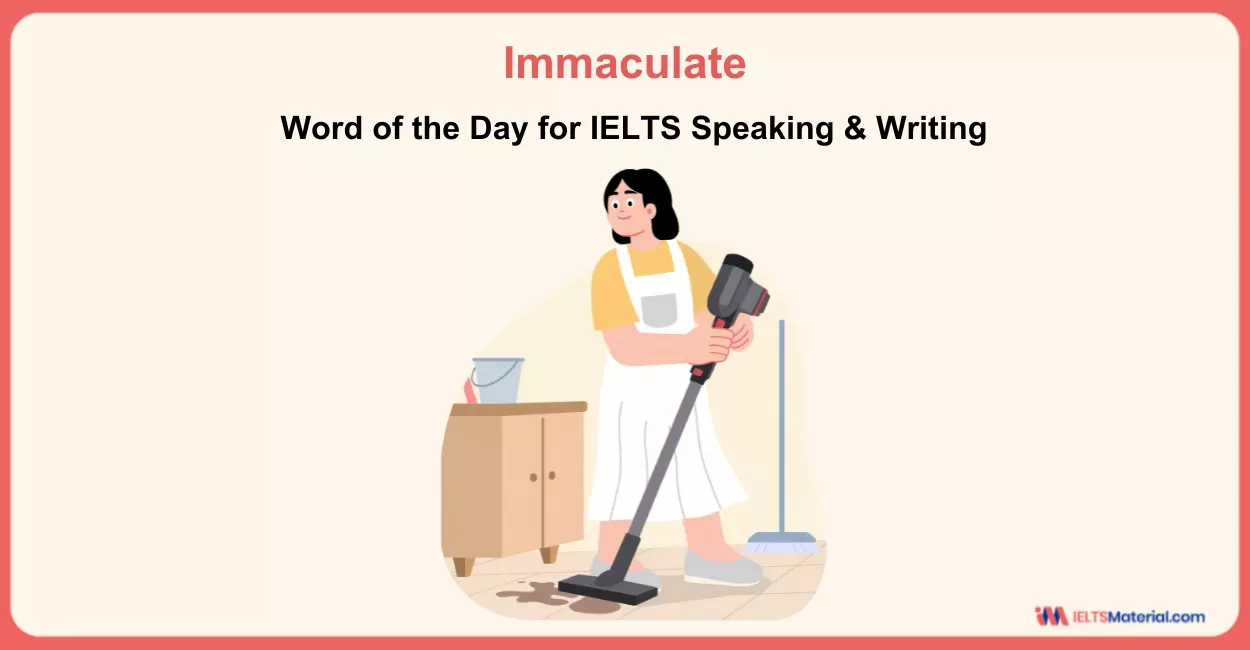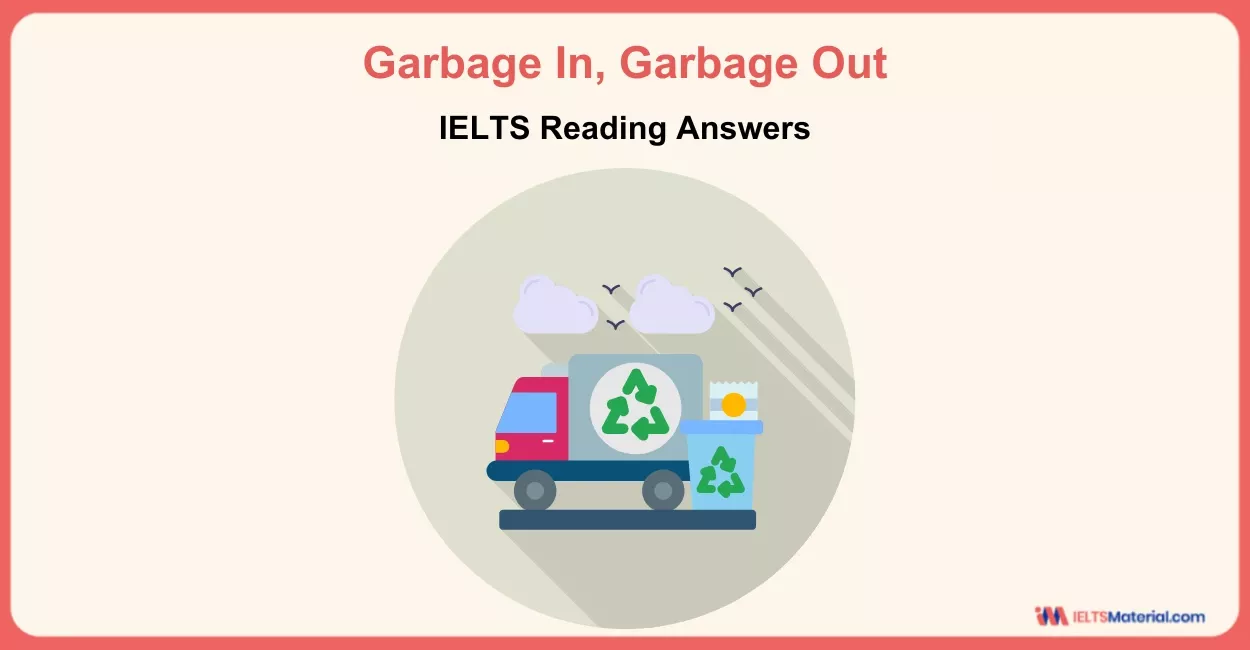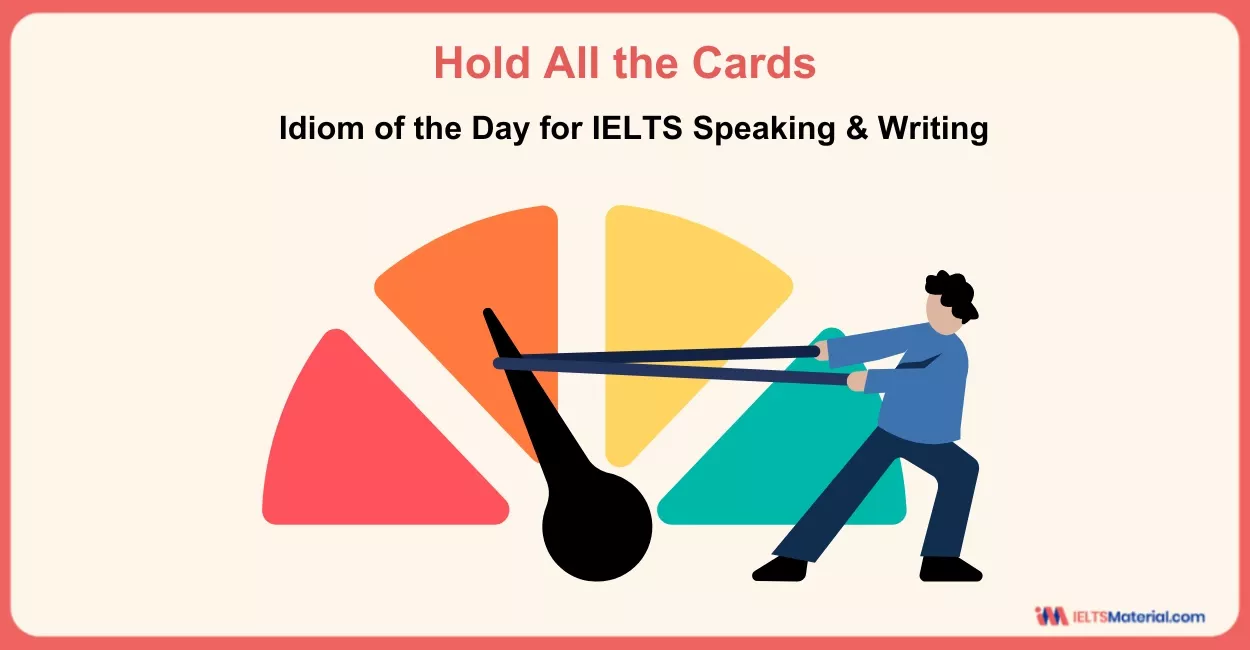How to Agree and Disagree in IELTS Speaking?
5 min read
Updated On
-
Copy link
Express your opinion by learning how to agree and disagree in IELTS Speaking. Know more about vocabulary and ways to communicate your ideas on a specific topic or question and impress your IELTS examiner to achieve an IELTS band score of 9.
Table of Contents

Limited-Time Offer : Access a FREE 10-Day IELTS Study Plan!
One of the key aspects of performing well in the IELTS Speaking test is showing a range of language and fluency when expressing opinions. This includes knowing how to agree and disagree politely, naturally, and with justification. Whether you are speaking in Part 1, Part 2, or Part 3, you might be asked to share your views or respond to the examiner’s statements.
Therefore, in this article, we will learn how to agree and disagree in IELTS Speaking using the right kind of vocabulary and speaking samples presenting different types of opinion.
How to Agree and Disagree in IELTS Speaking?
In the IELTS Speaking test, especially in Part 3, you will often be asked to give your opinion or respond to the examiner’s views. To do well, it is important to show that you can agree or disagree naturally and politely, just like in real conversations.
The best way to express your opinion politely is to use appropriate expressions or relevant phrases. Moreover, simply saying yes or no is not enough. You should always explain your opinion with a reason or example. For instance, if asked ‘Do you think technology is making people less social?’, instead of just saying ‘I disagree’, you could say, ‘I am afraid I don’t agree because I think technology actually helps us stay connected with people who live far away’. This not only shows your opinion, but also your ability to extend your answers and use more advanced language, which is key to getting a higher IELTS band score in the speaking module.
Do you find it challenging to express your opinion in the IELTS Speaking exam?
Join our IELTS online classes and boost your preparation for FREE!
Expressions for Agreeing, Disagreement and Partial Agreement
Since using relevant expressions for agreement, disagreement and partial agreement is crucial, it is also important to be aware of them for a good score in IELTS vocabulary. So, we have listed some useful phrases that you can use, along with learning how to agree and disagree in IELTS Speaking here.
Useful Expressions for Agreeing
In the table below, there are some useful phrases for expressing agreement in IELTS Speaking.
|
Function |
Expression |
Comment/Usage |
|---|---|---|
|
Strong Agreement |
You’re absolutely right. |
Confident full agreement |
|
I couldn’t agree more. |
Emphatic; 100% agreement |
|
|
Absolutely. |
Informal, friendly tone |
|
|
Definitely. |
Short and firm response |
|
|
I think so too. |
Common everyday phrase |
|
|
Exactly. |
Used to support a precise opinion |
|
|
Precisely. |
Emphasizes accuracy |
|
|
That’s true. |
General agreement |
|
|
I agree with you entirely. |
Full, formal agreement |
|
|
That’s just what I was thinking. |
Casual, shows shared opinion |
|
|
That’s a good point. |
Acknowledging someone’s valid idea |
|
|
So do I. |
Used for agreement in a casual tone |
|
|
I’d go along with that. |
Mild, respectful agreement |
|
|
Neither do I. |
Agreeing with a negative statement |
|
|
I don’t think so either. |
Agreeing with someone’s negative opinion |
Useful Expressions for Partially Agreeing
In the table below, you will find some useful phrases for expressing partial agreement in IELTS Speaking.
|
Function |
Expression |
Comment/Usage |
|---|---|---|
|
Partial Agreement |
I see your point, but… |
Acknowledges opinion, but presents contrast |
|
I go along with that view to a point, but… |
Expresses partial agreement |
|
|
That’s one way of looking at it, however… |
Suggests another perspective |
|
|
I see what you are getting at, but… |
Understanding the idea, but not fully agreeing |
|
|
I agree up to a point, but… |
Shows critical thinking |
|
|
You could be right, but… |
Gentle disagreement with some agreement |
|
|
I suppose that’s true to some extent. |
Adds balance and nuance |
Useful Expressions for Disagreeing
The following table contains some useful phrases for expressing disagreement in IELTS Speaking.
|
Function |
Expression |
Comment/Usage |
|---|---|---|
|
Disagreement |
I’m afraid I don’t agree with you. |
Respectful disagreement |
|
That’s not entirely true. |
Soft disagreement |
|
|
I’m not so sure about that. |
Hesitant disagreement |
|
|
Actually, as a matter of fact, I think… |
Introducing a different viewpoint |
|
|
I see things rather differently. |
Elegant way to express disagreement |
|
|
I don’t really agree with that idea. |
General disagreement |
|
|
I must take issue with you on that. |
Forceful, serious disagreement |
|
|
That’s not how I see it. |
Casual disagreement |
|
|
That’s an interesting idea, but… |
Respectfully dismisses the point |
|
|
Yes, but don’t you think… |
Invites reconsideration |
|
|
I’m sorry to disagree with you, but… |
Common polite form of contradiction |
|
|
I completely disagree. |
Absolute rejection |
|
|
That’s not the same thing at all. |
Strong distinction in ideas |
|
|
It’s unjustifiable to say that… |
Critical; often used in academic context |
|
|
On the contrary… |
Used to directly contradict a point |
|
|
That’s different. |
Very informal disagreement |
|
|
I’m not sure I go along with that view. |
Slight disagreement |
Looking to learn more such phrases on how to agree and disagree in IELTS Speaking?
Why is it Important to Show Agreement or Disagreement in IELTS Speaking?
There are several important reasons for agreeing or disagreeing in IELTS Speaking. Here’s why it matters:
- You Demonstrate Natural Conversational English: In real-life conversations, agreeing or disagreeing is common and expected. By using natural expressions such as ‘I see your point, but…’ or ‘Absolutely, I agree’, you show that you can engage in interactive communication, just like a native speaker would. So, it will make you sound more fluent and confident.
- You Show the Ability to Extend Your Ideas: Simply answering ‘yes’ or ‘no’ does not provide enough language for the examiner to assess your abilities. When you agree or disagree and explain why, you naturally develop your answers further. This shows that you can elaborate on your thoughts, link ideas using linking words in the IELTS Speaking section, and provide supporting reasons or examples — all of which are essential for a high band score. For example: ‘I agree that online learning is convenient because it allows students to learn at their own pace and saves time on commuting.’
- You Reflect Critical Thinking and the Ability to Express Complex Opinions: The IELTS Speaking test, especially in Part 3, often includes opinion-based questions. These are designed to test whether you can form opinions, evaluate different perspectives, and express subtle or balanced views. Agreeing or disagreeing thoughtfully shows that you can think critically and not just repeat memorized phrases. Example of a complex opinion: ‘While I agree that exams can motivate students to study, I also think they create unnecessary pressure and don’t always reflect real understanding.’
To sum up, being able to agree and disagree clearly, confidently, and politely is a crucial skill for the IELTS Speaking test. It helps you express your opinions fluently, show language flexibility, and engage naturally in the conversation. Make sure to justify your responses with examples and practice a wide range of phrases to improve your score.
Useful Links:
- How Your IELTS Speaking Band Score is Calculated
- IELTS Speaking Criteria: What IELTS Examiners Look for in the Speaking Test?
- How to Prepare IELTS at Home?
- How to Get A High Score in IELTS in One Month?
- How to Improve Your IELTS Listening Skills?
- Useful IELTS Reading Resources for Academic and General Training
- How Your IELTS Writing Band Score is Calculated?
Frequently Asked Questions
Which IELTS Speaking part usually requires agreeing or disagreeing?
Can I just say ‘I agree’ or ‘I disagree’ in IELTS Speaking?
Should I always give reasons when I agree or disagree?
Can I use informal language to agree or disagree in IELTS Speaking?
Does the way I agree or disagree affect my IELTS Speaking score?
Explore IELTS Speaking

Start Preparing for IELTS: Get Your 10-Day Study Plan Today!
Explore other IELTS Articles

Haniya Yashfeen

Haniya Yashfeen

Nehasri Ravishenbagam
Recent Articles
Haniya Yashfeen

Kasturika Samanta

Kasturika Samanta






Post your Comments